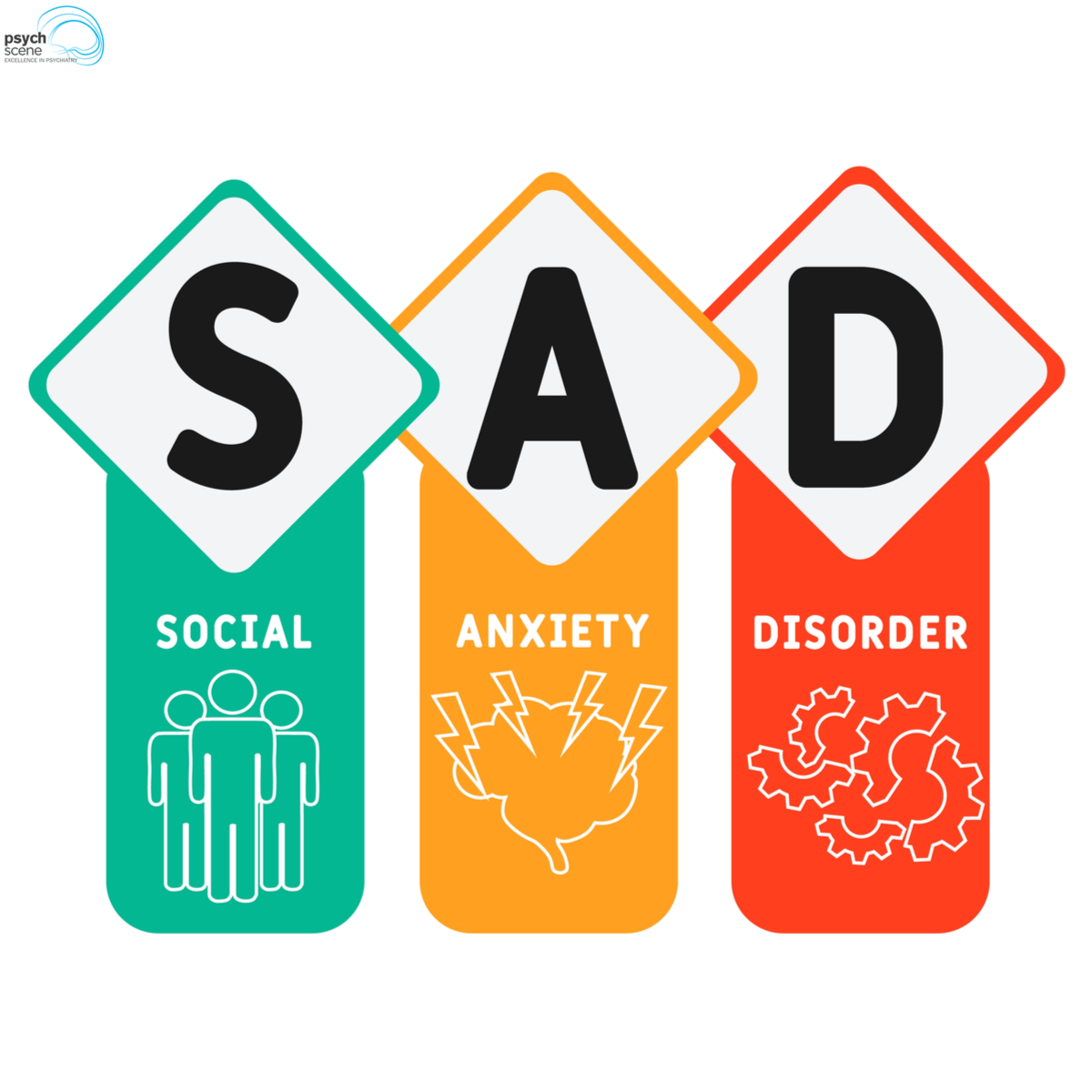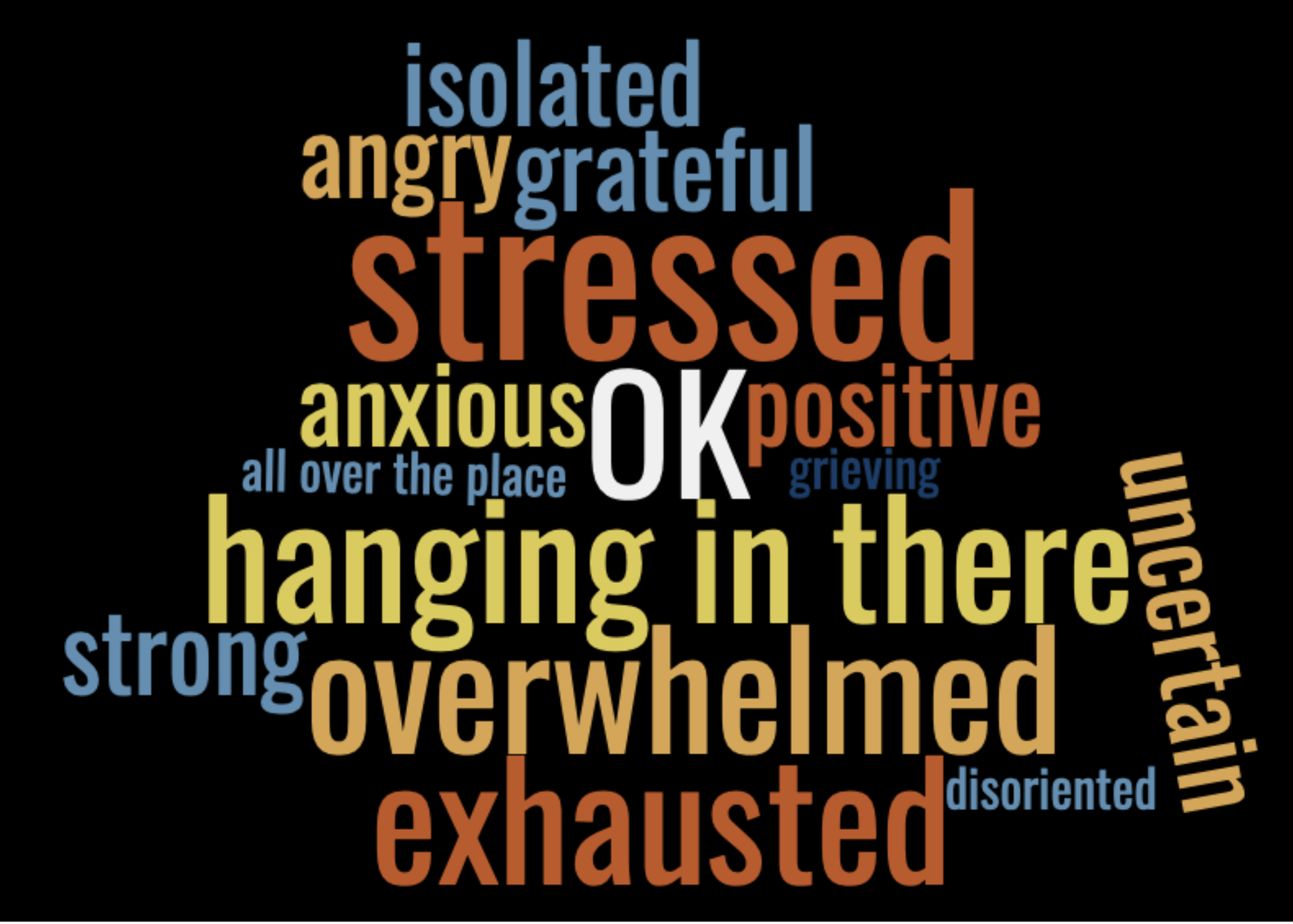Stress
Stress is a physiological and psychological response to an event or situation that is perceived as challenging or threatening. It is a natural reaction of the body to cope with difficult situations or to adapt to changes.
When we encounter stress, our body activates the “fight or flight” response, which triggers the release of hormones like cortisol and adrenaline. This response can be helpful in short-term situations, such as running away from a dangerous animal, but prolonged or chronic stress can have negative effects on our health and well-being.
Common sources of stress include work-related pressure, relationship issues, financial difficulties, health problems, and major life changes. Some of the symptoms of stress include physical tension, fatigue, irritability, anxiety, and difficulty sleeping.
To manage stress, it is important to identify its sources and develop healthy coping mechanisms. Some effective stress management techniques include exercise, relaxation techniques such as meditation or yoga, spending time with loved ones, setting realistic goals and prioritizing tasks, and seeking professional help if necessary.
There are three main types of stress:
- Acute Stress: This is short-term stress that is caused by a sudden event or situation, such as a car accident or a work deadline. It is usually resolved once the situation has passed.
- Chronic Stress: This is long-term stress that is caused by ongoing situations, such as financial problems, relationship issues, or health problems. Chronic stress can hurt physical and mental health if it is not managed properly.
- Episodic Acute Stress: This is a type of stress that is experienced by people who frequently encounter acute stressors. For example, someone who is always running late or always under pressure at work may experience episodic acute stress. This type of stress can lead to a range of health problems if it is not managed properly.
It is important to note that stress can also be categorized based on its sources, such as work-related stress, family-related stress, or financial stress. Each type of stress may require a different approach to management and treatment.
Managing stress
Managing stress involves developing a set of strategies and techniques to cope with the physical and emotional effects of stress. Here are some effective ways to manage stress:
- Exercise: Regular exercise can help reduce stress levels by releasing endorphins and improving overall physical health. Aim for at least 30 minutes of exercise per day.
- Relaxation techniques: Techniques such as deep breathing, meditation, and yoga can help reduce stress by promoting relaxation and reducing tension in the body.
- Time management: Organize your time and prioritize tasks to help reduce stress related to feeling overwhelmed or not having enough time to complete everything.
- Social support: Spending time with friends and family can help reduce stress by providing emotional support and a sense of connection.
- Healthy lifestyle: Eating a healthy diet, getting enough sleep, and avoiding unhealthy habits like smoking and excessive drinking can all help reduce stress.
- Cognitive-behavioral therapy: This is a type of therapy that can help change negative thought patterns and behaviors related to stress.
- Medication: In some cases, medication may be prescribed to help manage the symptoms of stress. This should only be done under the guidance of a healthcare professional.
It is important to find a combination of strategies that work for you and to practice them regularly to effectively manage stress. If you are having difficulty managing your stress, consider speaking with a mental health professional for additional support and guidance.













